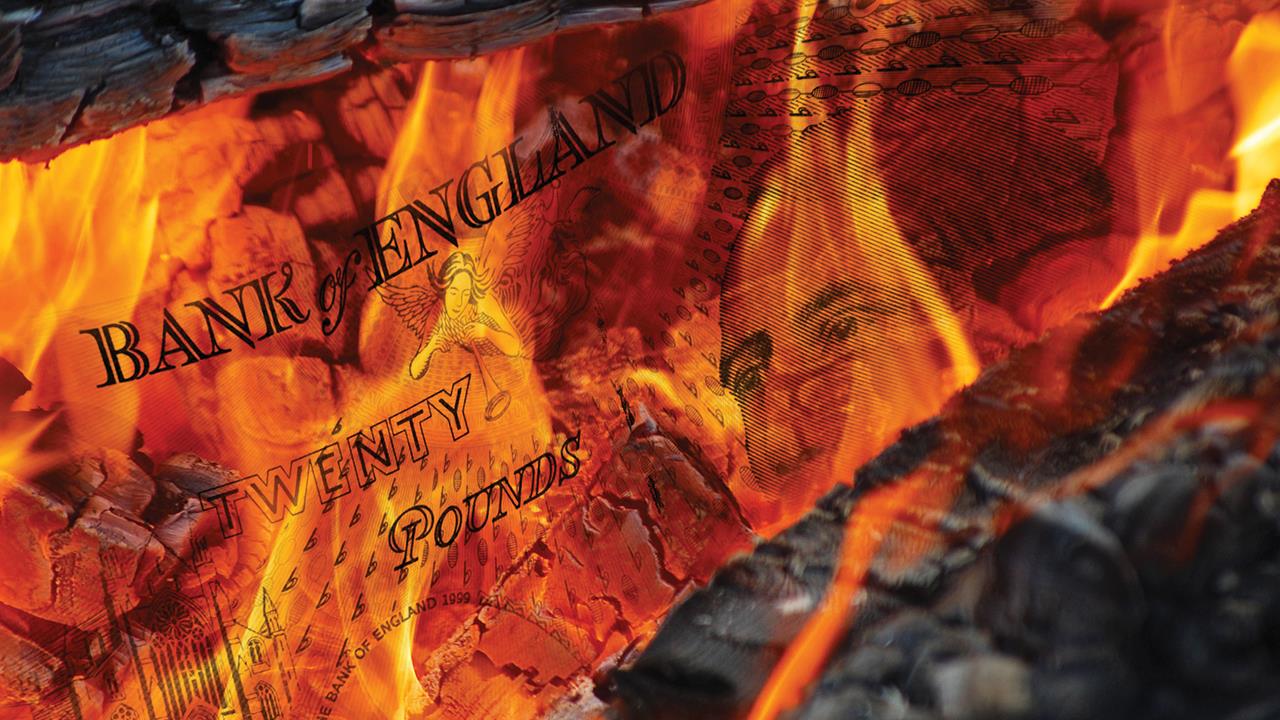

Do you know how much money your business is burning each day, week, or month? If the phone does not ring tomorrow, how much will it cost you to sit in the office or van and wait for it to ring? Can you answer these questions precisely, or is it just a guess?
Knowing your regular overheads and what other costs might appear on your bank statement, broken down into days, weeks, and months is essential for running a profitable business. But why do so many trade business owners not know how much money their business burns each day?
Time is money and, if that is the case, then money is also time. So, if you haven’t got a handle on your business overheads, you will have to work harder and longer to earn enough to support your less than efficient business. Think of a leaky bucket but with time and money seeping through the holes instead of water.
Counting your fixed costs
Every business is different, so please use the following only as a guide to get you thinking, and spend some time reviewing your business overheads using this table.
Other variable costs
On top of your fixed costs, you will have the expected and unexpected variable expenses that are not regular overheads or part of the jobs you are quoting.
For instance, other variables include leads purchased via lead generation sites in quieter months, or the three new injectors in the van, only one month after its service. Or, how about that unexpected fine when your employee got caught speeding in one of the company vans?
When running a trade business, unexpected costs will happen from time to time, so it is therefore a good idea to have contingency fund for the unexpected, such as the kind used when saving for tax. We all put money to one side and save for tax, right?
How many days will you work this year?
Most people reading this article will be business owners, yet many may still be thinking like employed engineers and planning their workload that way. They will budget overheads based on five days a week, 48 weeks a year, not allowing for admin days, business development, or one of the main reasons we became self-employed – the freedom!
We all have a choice to work the average, or we can choose to make our business fit our lifestyle. How about a four day week? Or working only 39 weeks of the year? A more flexible work/life balance is possible if you can make the numbers work. We cannot do this without knowing the numbers, and it all starts with knowing your business burn rate.
On the table, and using your last six or 12 months of bank statements, fill in the columns relevant to your business, adding any other fixed costs you may have identified on those statements. Once you have completed all the subcategories, add them together to find your monthly burn rate.
Adjust the figure if you plan to work less than 12 months and calculate the annual, weekly, daily, and hourly burn rate. Remember, this number is not what you should be charging; this is simply the minimum amount your business needs to earn to pay the expected fixed overheads. You still need to budget for other unexpected expenses, pay yourself, make a profit, and pay your taxes.
Over the last three years, hundreds of heating engineers have embraced business development with The Boiler Business – Built to Last team. Why not start your journey with the introduction one day workshop or jump into a six month programme, surrounding yourself with like-minded people from the industry.
To keep up with all Boiler Business Built to Last events, watch business development videos, and read the reviews head over to the Facebook page here:
www.facebook.com/TheBoilerBusiness/reviews
If you'd like to keep up-to-date with the latest developments in the heating and plumbing industry, why not subscribe to our weekly newsletters? Just click the button below and you can ensure all the latest industry news and new product information lands in your inbox every week.